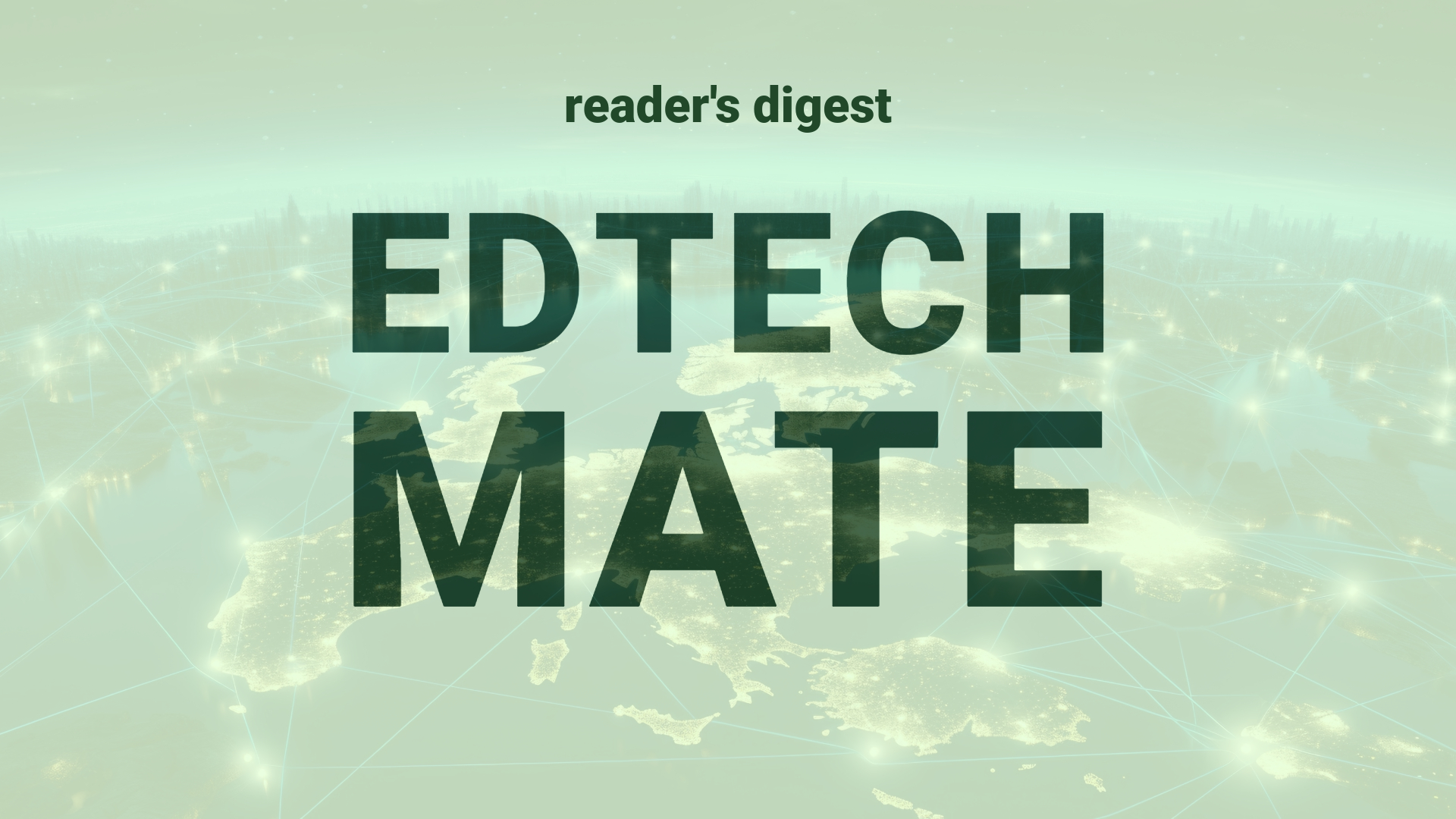Executive Summary and Main Points
The key innovations and trends in the global higher education sector revolve around strategic digital transformation initiatives. Industry professionals, ranging from product managers to data scientists and DevOps engineers, are increasingly required to deliver persuasive presentations to garner significant investments for new product offerings, research on large language models (LLMs), and adoption of AIOps platforms. Successful investment pitches necessitate thorough preparations, with strategies emerging for pitching digital transformation initiatives with a focus on pragmatic, customer- and outcome-oriented visions, while also addressing executive concerns and queries through well-anticipated, jargon-free communication.
Potential Impact in the Education Sector
These developments can revolutionize Further Education, Higher Education, and Micro-credential sectors. Key innovations may result in enhanced learning experiences through personalized AI interactions, while AIOps platforms could streamline operational efficiencies. Strategic partnerships can facilitate the integration of transformative digital tools, and investments in LLMs and AI can modernize curriculum design and delivery, improving the competitiveness and desirability of educational offerings. This digitization shift may increase revenue streams and enrich student engagement through targeted digital initiatives.
Potential Applicability in the Education Sector
Innovative applications of these trends within global education systems could include the utilization of LLMs to support personalized learning or AI to optimize institutional operations. Educational institutions can adopt AI-powered platforms to track and predict student performance, deliver customized content, and automate administrative processes. Additionally, adopting a Minimum Viable Product (MVP) and roadmap approach for technology roll-outs can lead to incremental, evidence-based investments, making a compelling case for digital transformation projects in various educational contexts.
Criticism and Potential Shortfalls
Critical analysis of these innovations indicates potential shortfalls in overestimating technological capabilities or underestimating the cultural and ethical complexities of implementing AI and digitalization projects within diverse international education systems. Comparative case studies reveal a range of outcomes, suggesting that one-size-fits-all approaches may fail to account for nuanced local needs and norms. There is also critique concerning the potential underrepresentation of stakeholders in the decision-making process and the overreliance on metrics that may not fully capture educational value or student success.
Actionable Recommendations
For higher education leaders exploring these technologies, recommendations include adopting an iterative approach to digital transformation, incorporating ample stakeholder engagement throughout the decision-making process to ensure contextual relevance. It is vital to establish clear, outcome-oriented goals and to communicate proposals in relatable terms free of specialized jargon. Additionally, building robust frameworks for ethical AI use and cultural sensitivity can assist in effectively navigating complex global education dynamics. This strategic consideration of technological innovations could foster sustainable growth, improved learning outcomes, and the resilience of educational institutions in a rapidly evolving digital landscape.
Source article: https://blogs.starcio.com/2023/08/digital-trailblazers-investment-presentations.html

